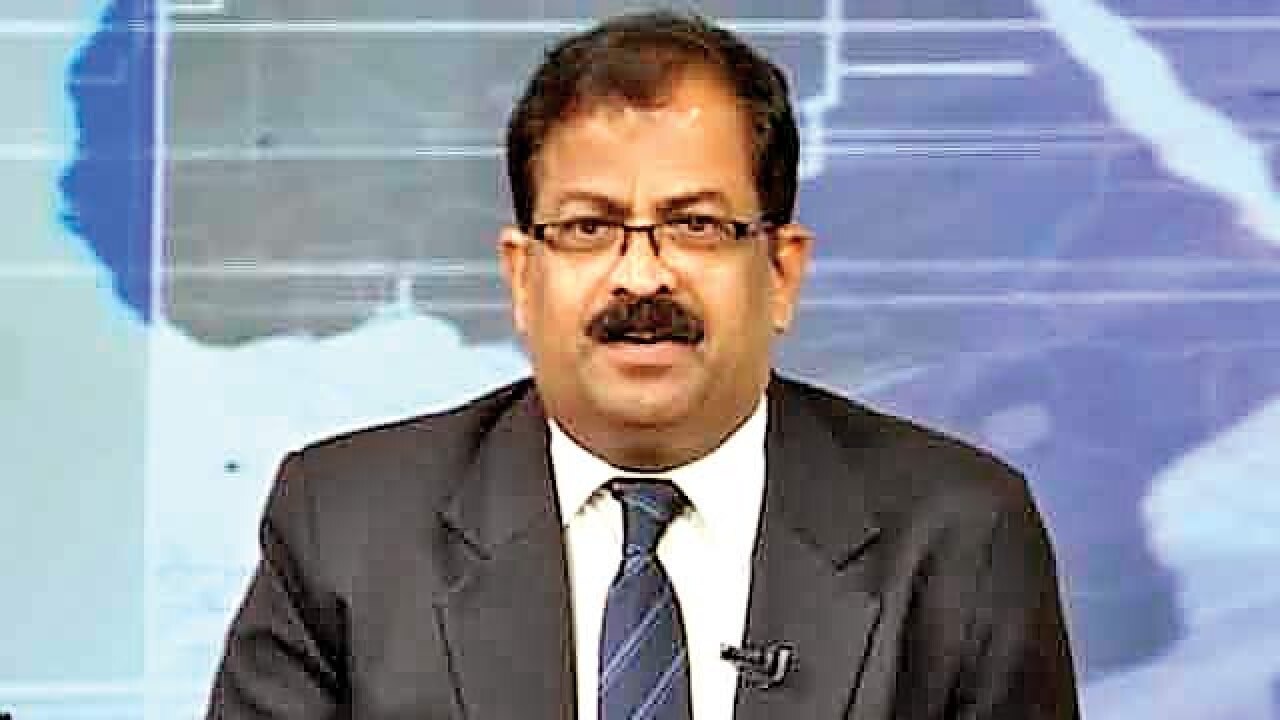
Many investors believe that any possible adverse results in the ongoing UP state assembly election against the ruling party at the Centre would hamper the domestic equity markets. Similar fear existed at the time of Bihar election in November 2015. The market fell about 3% in the following 10 days after the results were unexpected for the ruling party at the Centre. However, the Sensex recovered almost fully by the end of 2015 and in fact, gained 10% in the next 11 months. The Sensex has actually gone up 14% since its bottom post Bihar elections to hit a 2-year high now.
The real reason for the frequent fear in the market on the eve of state elections is that the ruling parties at the Centre lacked majority for 25 years since 1989. Instability and the frequent elections at the Centre created huge volatility in the equity markets in the 25-year period. In such a scenario, frequent state elections and therefore, changing political equations at the state level also mattered a lot for the stability of the Union government and capital markets. Consequently, those episodes of instability led to what we call “state election syndrome” for the equity markets.
Once again, the election results of the UP state are not relevant to the stock market. Of course, if the ruling party by any chance loses badly in UP, the market may have knee-jerk reaction for a day or two due to the market perceptions, but it is most likely that the markets would forget the outcome of elections within a week or so. Remember the facts that the present ruling party has a comfortable majority in the Lok Sabha to rule the country for the next 2 years. Of course, the elections to the UP state are relevant for attaining the goal of majority in the Rajya Sabha for the ruling party. However, most important point is that there is no solid economic reform (from the context of stock markets), which is pending for the majority support in the Rajya Sabha. Even the toughest one viz., GST has already crossed the major hurdles.
The Sensex has touched a two-year high last week after hitting a record high in March 2015. However, in terms of market cap of all BSE-listed stocks, it is now at all-time high with close to Rs 118 lakh crore. Hence, the valuation of the whole market or individual stocks could be the cause of concern for investors, rather than the “state election syndrome” at this juncture.
The writer is founder & managing director, Equinomics Research & Advisory Pvt Ltd